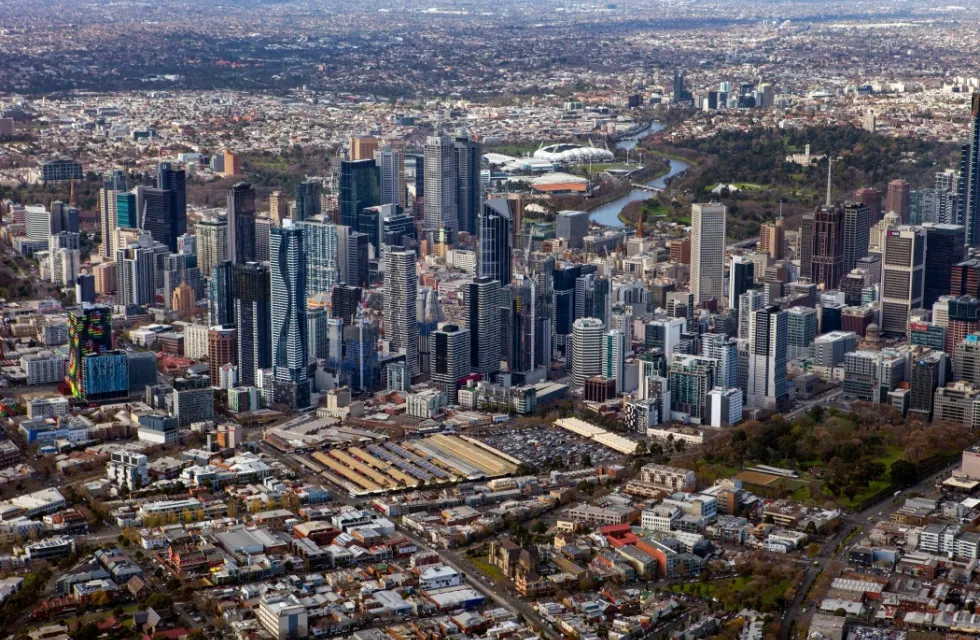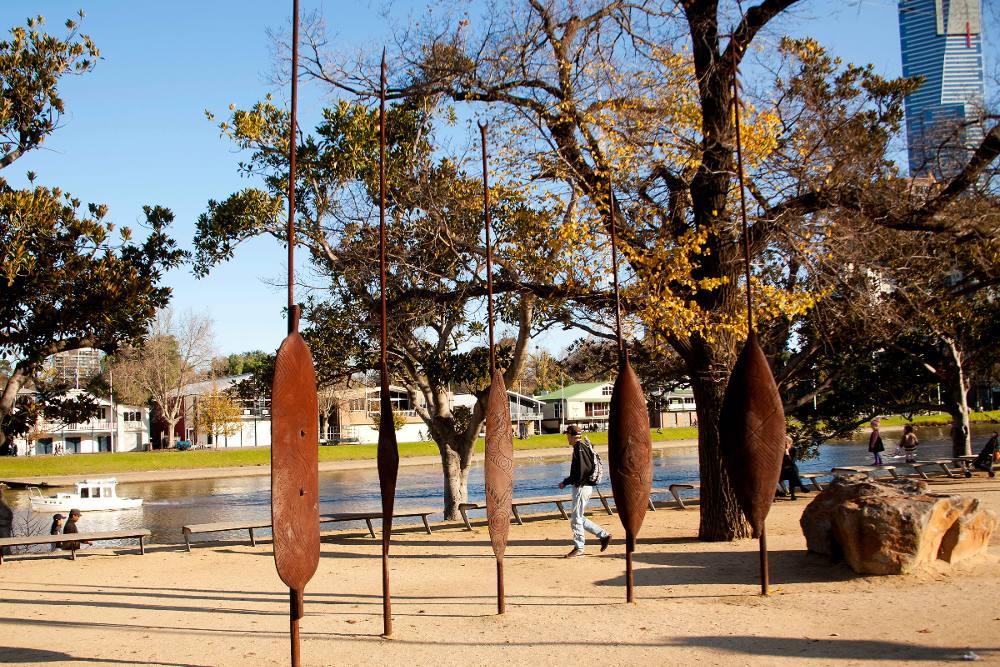[Speaker: Uncle Dave Wandin] Wominjeka Wurundjeri biak, welcome to a Wurundjeri Country. My name is Dave Wandin and I'm an Elder of the Wurundjeri woi Wurrung Tribal Land Council and I'm here today to give you a welcome to country.
I pay my respects to my ancestors and my elders both past and present, for the knowledge that they have been able to pass down to me that I can pass on to my children and my grandchildren, but also to all other people who call Wurundjeri land
home. I pay my respects to all other Aboriginal and Torres Strait Islanders. We pay our respects to Bunjil the wedge-tailed eagle, our creator who gave us the law of the land.
It is only by caring for country that we can learn how to care for each other. When we talk about reconciliation action plans that's exactly what we mean. Because whatever we give to the land, it will return back to us threefold. So please everybody, learn to care for country, learn to walk country together alongside with other Aboriginal people. It's only by a healing country that we can heal ourselves as people and truly call ourselves Australians. Wominjeka Wurundjeri Biak - thank you for your time.
[Speaker Lord Mayor Sally Capp] Everyone in our city deserves to be culturally connected, safe and empowered.
This is our fifth Reconciliation Action Plan and I think there are really important elements from my perspective. The first one is the incorporation of truth telling,
Because until we properly acknowledge explore and really resolve our past it's very difficult for us to be able to move forward together and there's a lot of value, no matter how difficult it's going to be in confronting some of those conversations will be, there's enormous value in us going through a truth-telling process.
[Speaker Karen Mundine] Local government is so important when it comes to reconciliation. They're the the grassroots level of government, they're the closest to community. They're the ones with connections to people and they can have such an influence when it comes to thinking about place. For Aboriginal and Torres Strait Islander people it's about place, it's your country, where you're from, who's your mob.
One of the things that I'm really excited about is how the city of Melbourne is thinking about caring for country. Often when we think of caring for country it's about remote Australia and regional Australia. We don't often think about it in our urban spaces. I think it's really exciting that they're taking the principles from caring to country but applying it with the local traditional owners and thinking about what does that mean in a city in an urban landscape.
[Speaker: Mark McMillan] One of the initiatives that I'm most excited about in this current Reconciliation Action Plan is the iterative and reflective steps they're taking to what can we do within the plan that makes the plan doable. The city understands that it governs with first peoples not at or for first peoples. What the City of Melbourne's trajectory is, is not worrying about what gets done to Aboriginal people or how do we measure success of closing a gap, but what's the City of Melbourne's responsibility in acting as a sovereign in a sovereign relationship with sovereign peoples.
[Speaker: Hans Bokelund] I can be proud about who I am you know. It's now that I can actually say I'm Aboriginal. When i grew up in Queensland you know if you identified as Aboriginal you know straight away the racism and so it's one of those things you wouldn't want to identify as an Aboriginal person or you state that you're an Aboriginal person but now I can be proud front and centre and tell everyone else "Yes, I am a first peoples person of this country"
One of the highlights of our Reconciliation Week that we had this year was the 10 pieces of Aboriginal artwork around the different parks of the CBD by Dixon Patten.
[Speaker Aislinn Martin] For me reconciliation is about working hand-in-hand with Aboriginal and Torres Strait Islander people to address inequality racism and also right past wrongs [Music]
[Speaker: Liam Routledge] Reconciliation means to me the true action around how we're going to go about healing the differences between non-Aboriginal Australians and Aboriginal Australians and I think there's a real opportunity now to bring that together into a real coordinated action plan and I'm really excited to be a part of that because, at its heart it is deliberative and it is integrated and it is exciting. [soft piano music]
Aboriginal Melbourne Logo and City of Melbourne logo.
Read the plan
Related page
More information





